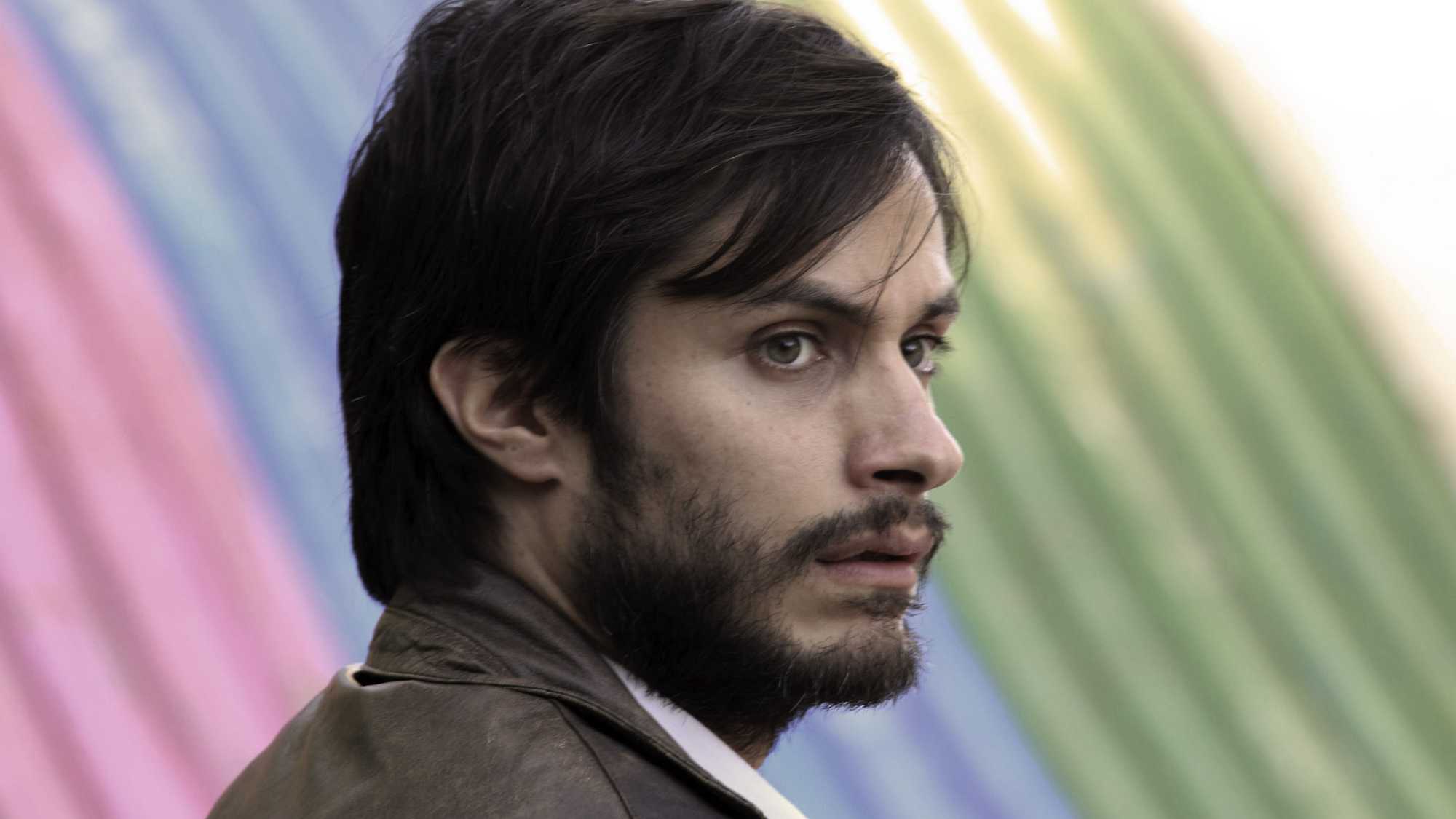Gael García Bernal stars in the dramatic true story of the poppy advertising campaign that urged Chileans to oust the dictator Pinochet in 1988. “Weirdly funny and rousing, both intellectually and emotionally.” — NY Times

Weirdly funny and rousing, both intellectually and emotionally.
Screened as part of NZIFF 2012
No 2012
“No is exactly the kind of film you hope to stumble across at Cannes – a film that hadn’t been on your radar until buzz from too many quarters too diverse to be ignored made you seek it out, discovering a film that’s extraordinarily well made, superbly acted, funny, human, warm, principled and, yes, as enthrallingly entertaining as it is fiercely moral and intelligent.
Set in Chile in 1988, No stars Gael García Bernal as René, a ‘creative’ at an ad agency… A smoothie young enough to skateboard to work but experienced enough to have ruined his marriage… René is approached with an unusual thing to sell. After 15 years of military rule under Pinochet, and responding to global pressure, Chile is going to have a plebiscite to continue, or end, the dictatorial era of rule that began with a bloody coup d’état lead by the General-turned-President in 1973. And René is asked to run the campaign for the ‘No’ side… The fact is, as one of the figureheads of the ‘No’ movement explains to René, people afraid of communism, of change, of chaos might very well vote to keep Pinochet and his military junta in power, despite [its] killing thousands, torturing thousands more and detaining tens of thousands… For now, for most Chileans, the trains run on time, and Pinochet’s excesses don’t seem to matter to those who would keep the status quo. Unless René and his team can change their minds…
If No were just a look at advertising used, even once, for the public good, or simply recreated the pop and political culture of a time both far and near… it would be an impressive feat. But Bernal’s performance… is superb, and gives the film a human heart.” — James Rocchi, The Playlist